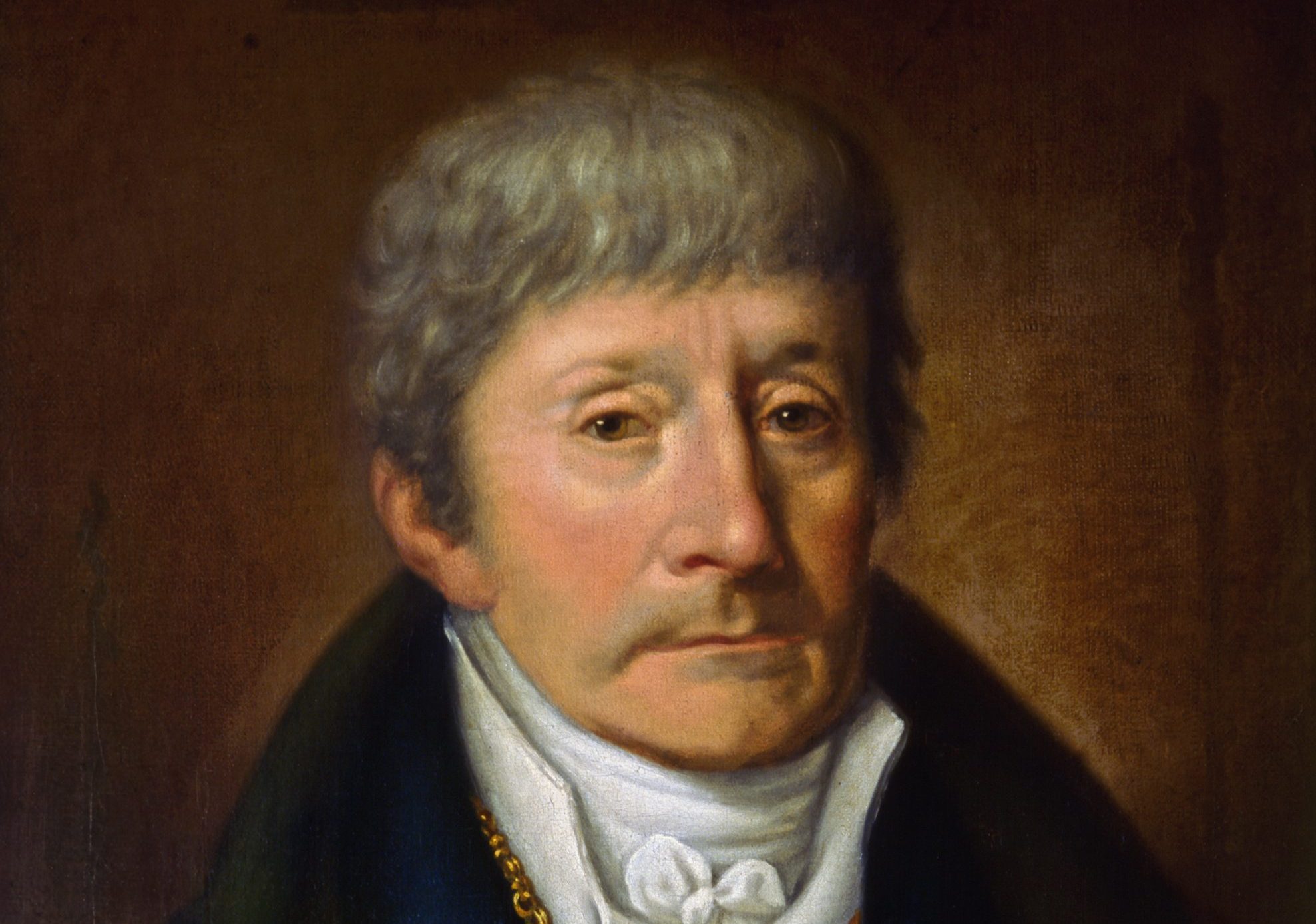There is an obscure story linking the name Antonio Salieri with La Scala opera house in Milan, Italy. As the story goes, in 1776, when the old opera house had burned to the ground, a new one had to be built. In searching for a site upon which to build the new opera house, the powers chose the site of an old church called Santa Maria della Scala.
Upon its completion, the new opera house became known as Teatro della Scala. As time went on, the name was shortened to La Scala. The person chosen to compose the inaugural piece for the opening of Teatro della Scala was a rising young star in the world of music who traveled from Vienna to Milan for the opening night performance: His name, Antonio Salieri.
So, who was Antonio Salieri? Simply stated, he was a colleague of famed composer, Wolfgang Amadeus Mozart. Until as recently as 1984, the name Salieri was practically unknown. It was in that year that the award-winning film, Amadeus, was projected upon silver screens in theaters throughout the world.
Amadeus, starring Tom Hulce as Wolfgang Amadeus Mozart and F. Murray Abraham as Antonio Salieri would go on to win eight Academy Awards. Although the film had the effect of revitalizing the name of Antonio Salieri in the annals of music history, it also, according to some historians, grossly exaggerated Salieri’s rivalry with Mozart.
Exaggerated or not, the rivalry between the two composers seems to be alive and well to this day and begs the question, “Why is the name Mozart so well-known after over 150 years while the name Salieri remains practically unknown?”
In searching for an answer, this is what we have learned: Antonio Salieri was an Italian composer who lived in Vienna, Austria during the time of Wolfgang Amadeus Mozart. Both men were composers of operas and other music; however, at that time, Salieri enjoyed a greater degree of popularity than did Mozart. There was a time when the name Salieri would have been considered a household word throughout much of Europe. He was a composer who had the ability to blend in with many cultures and countries. He lived in Vienna for almost sixty years and was considered to be a German composer despite the fact that he was Italian by birth.
Antonio Salieri was born August of 1750 in Legnago, a town south of Verona, in what was then known as the Republic of Venice. In 1763, he was left without parents when the death of his mother was soon followed by the death of his father. At age 13, Antonio was sent to live with an older brother, a monk in Padua. He was accepted into one of Venice’s foremost monastery schools, where he received room, board and education as well as further instruction in music. When he turned fifteen, he was taken under the wing of Giovanni Mocenigo, a friend of the family, who recognized the boy’s talent. Seeking to develop Salieri’s musical skills, Mocenigo took him to Venice where he was provided instruction in musical instruments and voice.
Salieri’s talents were eventually noticed by Viennese composer Florian Grassman, who invited him to Vienna and introduced him to the daily chamber music performances held during Emperor Joseph’s evening meal. The emperor was impressed with Salieri’s talent and instructed Grassman to bring his pupil as often as he wished. As time went on, Salieri gained much favor with the emperor. Thus began the relationship between the emperor and Salieri and the launching of the young musician’s career.
By the age of twenty-four, he had been appointed to the position of director of Italian opera by the Habsburg court of Vienna. His talents included the compositions of operas in Italian, French and German for the opera houses in Rome, Venice, Paris and Vienna. He also held the post of Kapellmeister (chapel master) and was responsible for all music at the court chapel and the attached school. He contributed much to the standardization of music by structuring many important parts of what eventually became known as “operatic vocabulary.”
His musical compositions had an imposing influence on the public as well as on his fellow composers and his popularity became so interwoven into the fabric of the music world that rarely could the subject of music be discussed without the mention of his name. Salieri also became one of the most sought-after music teachers of his time. Among his most famous pupils were Franz Liszt, Franz Schubert and Ludwig van Beethoven, all of whom went on to become world renown composers in their own right.
Salieri enjoyed fame and fortune: He was a man of high position in the imperial court of Vienna, his popularity far exceeding that of Mozart, who held no official positions whatsoever. Yet, notwithstanding the disparity between the two composers, the name Mozart today is far better known than that of Salieri, who over a century after his death, remains practically unknown. To many people today claiming to be aficionados of classical music and opera, the name Antonio Salieri seems to draw a blank, yet these same people would not be lost for an answer when asked, “Who was Mozart?”
How did this reversal of celebrity occur? There is a theory which may provide clues to explain this turn-around in popularity. It has to do with the overwhelming favoritism of the Austrian people for German-speaking composers over Italians. For years, Italian composers and musicians were favored by the emperor and were given free reign of their work.
Consequently, after the death of the emperor, there was a movement in Vienna to promote the works of Austrians over Italians. This movement, over time, may very well have contributed to the lessening of interest in Salieri’s music as well as the denigration of his celebrity. What may also have been a contributing factor is what some consider “Mozart’s mysterious death:” Rumors began to emerge, in whispers at first, accusing Salieri of murdering Mozart through the use of poison.
So, what began as a search to learn something of the man named Antonio Salieri has somehow escalated into a criminal inquiry: The question now is, “Did Salieri kill Mozart?” We will examine this question and hopefully provide some answers in Part Two.































